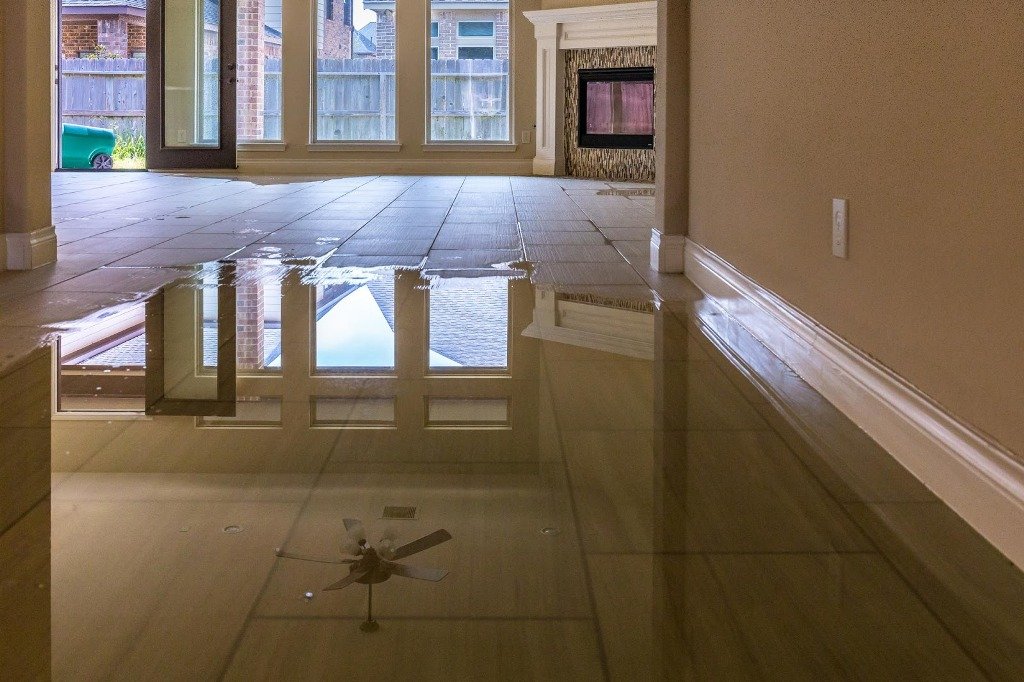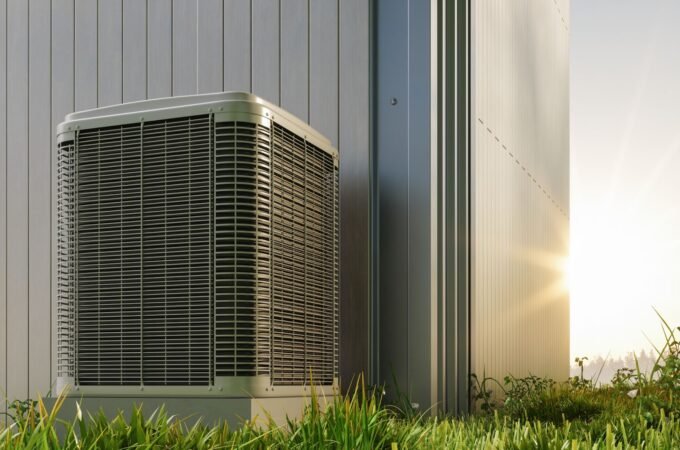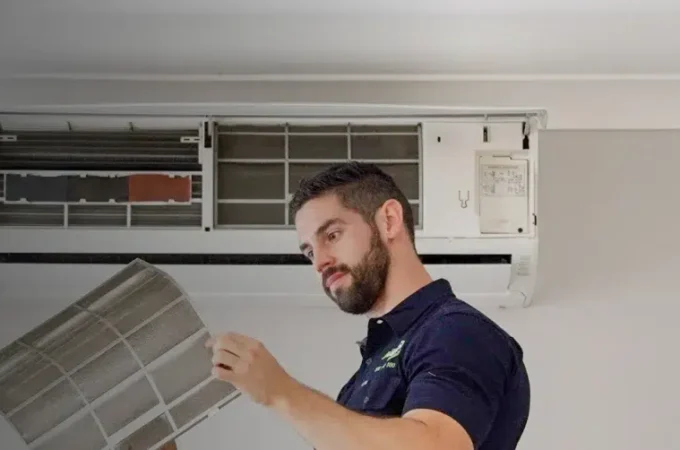
How to Prevent Flooding: A Homeowner’s Guide
Every year, floods cause more than $40 billion worth of damage worldwide. They’re one of the most expensive natural disasters that can hit your home.
Sometimes, flooding happens and there’s nothing you can do about it. In many cases, though, you can prevent flooding from happening or at least minimize the amount of damage it can cause.
If you’re ready to protect your home from flooding and water damage, keep reading. Explained below is everything homeowners need to know about how to prevent flooding.
What Causes Flooding?

There are lots of issues that can cause flooding in your home. The following are some of the most common:
Broken Pipes
In mere minutes, a broken pipe can send water gushing into your home. Pipe breaks often contribute to flooding, even when they’re minor. A little water leaking out over a long period of time can result in a big problem.
Lack of Drainage
Poor drainage can also make your home more susceptible to flooding. This problem is especially common among older homes.
Rain Gutter Clogs
Many people don’t realize that flooding can result from clogged rain gutters. If your gutters are full of leaves, dirt, and debris, though, the water is going to find a way out in any way it can, even if that means getting into your house and causing flooding.
Appliance Malfunctions
If an appliance such as your dishwasher, washing machine, or hot water heater malfunctions, you might find yourself facing a ton of unexpected water in your home. That’s why it’s important to keep these appliances well-maintained. They’re expensive to replace and can cause a lot of damage if they break.
Foundation Damage
Sometimes, the reason your house floods so often has to do with your foundation. If there are cracks in the foundation, or if it was not laid well when the house was built, flooding may become more of an issue.
Weather
Of course, we can’t forget about the weather. Things like rainstorms, hurricanes, and flash floods can all result in water pooling up in your house. If you take extra precautions, though, you can minimize the likelihood that inclement weather will cause serious water damage.
How to Prevent Flooding

You might not be able to stop the weather. There’s still a lot you can do to flood-proof your house, though, including taking the following steps:
Install a Water Detection System
First, look into installing a water detection system or sensor in your home. This can alert you right away if water starts leaking or is pooling up somewhere inside the house. Some of the more advanced systems can even connect to your smart home technology.
Test Your Sump Pump
Be sure to test your house’s sump pump on a regular basis, too. If your sump pump is functioning in the proper way, it’ll be able to remove water right away when heavy rain starts pouring down. You might want to install a battery backup, too, so that it continues operating even if your power goes out during a big storm.
Keep Drains Clear
Remember, clogged drains and poor drainage can lead to flooding. Make an effort to keep the drains in your house clear at all times. Avoid putting items down the drains that don’t belong there (letting hair clog up the shower drain, for example, or putting food down the drain in your kitchen sink).
Check and Clean Downspouts and Gutters
Pay special attention to your gutters and downspouts (the part of the rain gutter that runs down the side of the house), too. Keep them clean and free of leaves and other debris to help prevent leaks and minimize your flood risk.
Grade the Lawn Away from the House
If your lawn is graded toward your house, it’s going to be much easier for water to pool up and make its way inside when the rain starts falling down. If you want to avoid this, consider making adjustments to your lawn so that it no longer grades in this direction. This can be a big undertaking, but the results will be well worth the effort.
Check for Foundation Cracks
Make sure your house’s foundation is solid, too. Part of your annual home maintenance should include checking for cracks and other foundation issues that could contribute to flooding.
Seal Basement Windows
You should also make an effort to seal your basement windows as well. The better sealed they are, the harder it will be for water to get in, even during inclement weather when lots of rainwater might be pooling up around the house.
Install Flood Barriers
If you live in an area that experiences flooding often, consider installing flood barriers. Flood barriers work very well when it comes to keeping water out of your house and are worth the upfront investment.
Keep Sandbags Handy
It’s also a good idea to keep sandbags on hand when you live in an area that is known for flooding. They’ll help to keep water out and make sure your home stays dry.
Invest in Flood Insurance
Finally, be sure to invest in flood insurance. This won’t guarantee your house doesn’t flood, of course. However, the best flood insurance will help to cover the cost of any repairs that are needed after water gets inside your home.
Purchasing flood insurance can give you peace of mind. It’ll help you rest easy knowing that you won’t be left on your own if a flood affects your house.
Start Preventing Flooding Today

As you can see, there are lots of steps you can take when figuring out how to prevent flooding in your home. If you follow these tips, your chances of dealing with severe water damage will decrease in a major way. You’ll also have the tools you need to repair any damage that does occur as soon as possible.
Do you want to learn more about preventing flooding or protecting your home from other natural disasters? If so, check out some of the other home improvement articles on our site today.




